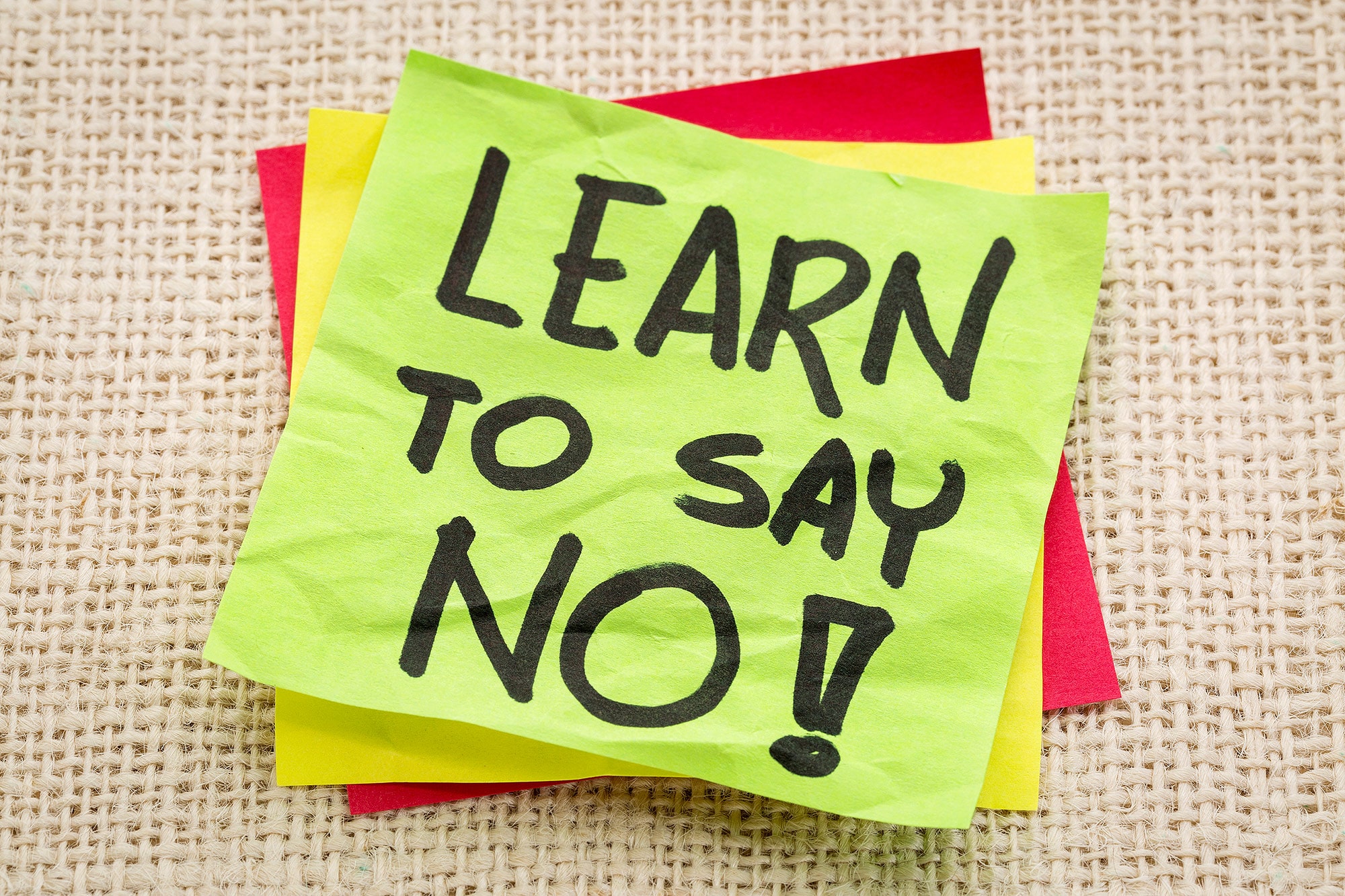There’s a career superpower that few young professionals leverage, yet it separates the overwhelmed from the truly successful. That power? The ability to say “no.”
It sounds simple, but in a world that glorifies hustle culture, agreeing to everything can feel like the right move. After all, isn’t saying “yes” how you build connections, prove yourself, and unlock opportunities? Not exactly. The truth is, every “yes” comes with a hidden cost. Every time you agree to something, you are automatically declining something else—whether you realize it or not. Saying yes to another unnecessary meeting means saying no to deep, focused work. Agreeing to someone else’s urgent task means sacrificing your long-term goals. Taking on a new project might mean neglecting something you’ve already committed to.
The world’s most successful people don’t say yes to everything. Instead, they carefully choose their commitments, ensuring their energy is focused on the highest-value opportunities. Saying yes too often might seem like a harmless habit, but over time, it leads to scattered energy, diluted impact, slower growth, and constant overwhelm. When your focus is divided among too many tasks, you risk mediocrity instead of excellence. Instead of making a major difference in one area, you spread yourself thin and make only minor contributions across many. Without clear priorities, it becomes difficult to build expertise or move forward with purpose. And perhaps most importantly, always saying yes leaves you feeling busy but not necessarily productive, with burnout lurking just around the corner.
The most successful professionals use “no” strategically. They decline good opportunities so they can say yes to great ones. They say no without guilt because they have clarity on their priorities. They say no professionally, but with conviction. They refuse to be distracted by urgent but unimportant tasks, ensuring they stay focused on their highest priorities. They reject others’ expectations when they conflict with their own values and goals. This isn’t just theory. Studies show that people who set clear boundaries experience higher productivity, lower stress, and greater job satisfaction. In fact, research from the University of California found that employees who take on too many projects suffer from reduced creativity and problem-solving skills.
The good news? You don’t have to be rude to set boundaries. There are professional and effective ways to say no without damaging relationships. A simple, “No, this doesn’t align with my priorities right now” communicates that you are thoughtful about your commitments. Saying, “No, I need to focus on existing commitments” makes it clear that your plate is full. And if you still want to be helpful, “No, but here’s who might be able to help” allows you to decline while providing an alternative solution.
Your ability to say “no” directly impacts your ability to succeed. Every yes should be intentional, every commitment should align with your bigger goals, and every decision should protect your time and energy. So, the next time you feel pressure to say yes, ask yourself: Is this truly worth saying no to my own priorities? If not, then say no—without guilt, without hesitation, and with the confidence that you are protecting your future success.

